On your feet
Don't hesitate to shop around for your shop flooring.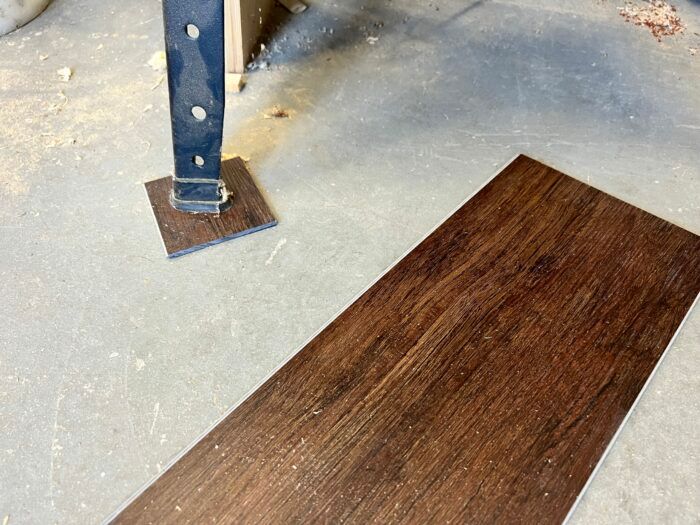
There are so many things to consider when you are designing a new shop. One of the more important factors to consider is flooring. A woodworker spends a lot of time standing in a shop, so a comfortable floor is a nice thing to have.
The inexpensive option
What constitutes a “nice floor”? To my mind, a shop floor should be two things: easy to clean and no so hard that it causes undue stress on the body. Many shop floors start off as concrete, which is by far the worst for personal comfort. The surface is unyielding and often difficult to sweep if it hasn’t been sealed. It also wreaks havoc on things that are dropped on it. Yes, we all know it happens, I’m talking about that painfully awful feeling and sound when tools hit the floor. Dropped chisels on a concrete floor will need lots of work to repair and resharpen, not to mention any tool dropped from bench height. There is also the matter of dropping furniture parts on the floor. I wish I could say that this never happens to me, but every once in awhile I get butterfingers and components hit the floor. Simply put, concrete is inexpensive but unforgiving.
Consider your comfort
On the other end of the spectrum is floor joists and some type of wood flooring. This system has a bit of spring to it so it’s easier on my aging joints and it’s also more forgiving if a tool or part gets dropped. The most comfortable shop floor I have ever worked on was this type that had fir plywood on the surface. I’ve never worked on a floor that has hardwood so I can’t really comment on it, although I’m sure it is equally as nice as the plywood and would look quite nice.
In my new shop, the floor is poured concrete and sadly the ceiling height is just over 7 ft. This means that I can’t add joists without losing headroom, and since I am 6-ft.-2 that’s a non starter. I want to level and seal the concrete before doing anything with it, so that’s step one. From there I could do an epoxy floor, but I would prefer some kind of wood. I could put plywood directly over the concrete, but I would also install a membrane under it just to be safe. I don’t need mold growing under my feet.
Your machinery needs support too
I have a few hundred square feet of vinyl flooring that we used on a home floor renovation and I’m considering this as an option. It has a built-in underlay, it’s easy to install, and dropped tools will fare better than with concrete alone. My biggest concern is whether it can handle the weight of machines. This new shop is smaller than my current one so everything will be on wheels. If the surface is too soft, the machines will be hard to move and will eventually wreck the floors. So, it’s testing time! I’ve placed some pieces of this vinyl floor under my machines in my current shop to see how it holds out. Now I wait and see.
All this being said, there are many ways to tackle a floor with more options than one could imagine. If you have a cool shop floor that is easy on the body and tools, and is easy to clean, I’m all ears.
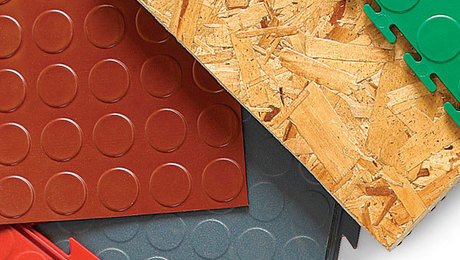 |
Ready-made flooring |
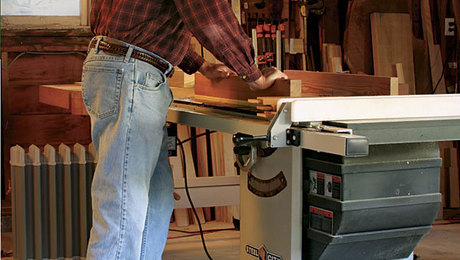 |
Treat your feet |
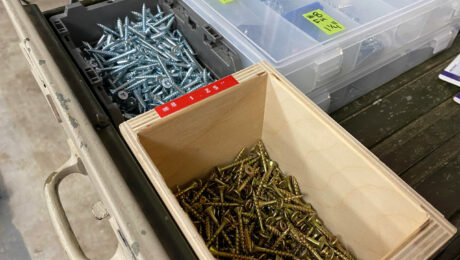 |
Is your shop 5S? |



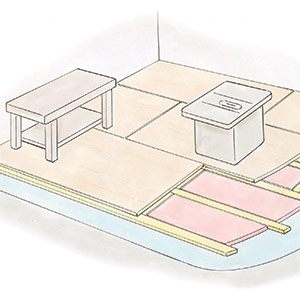
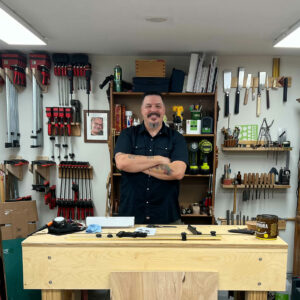





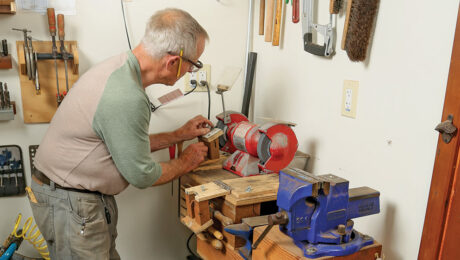
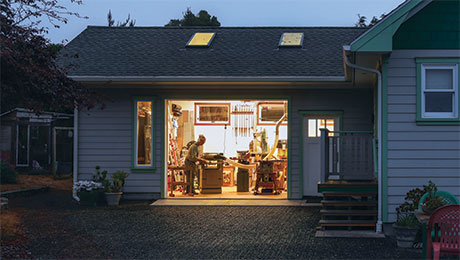
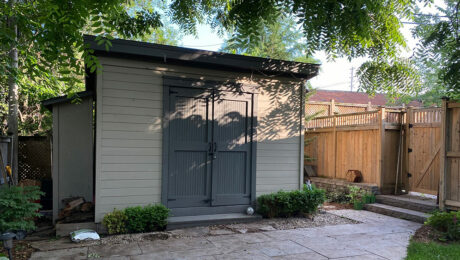
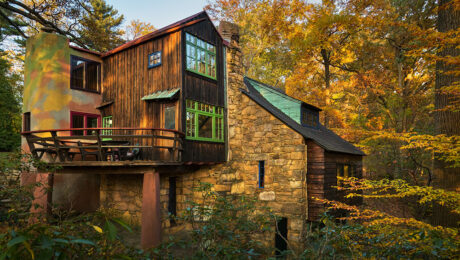


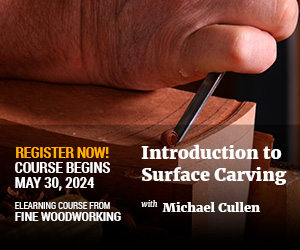

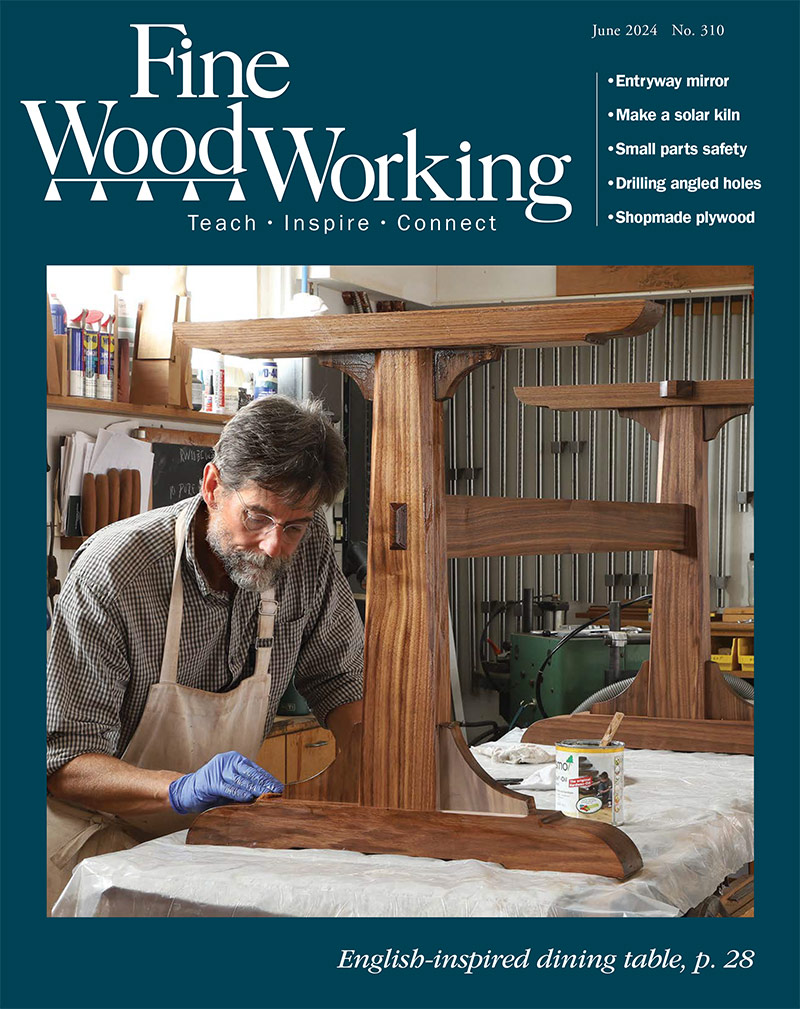
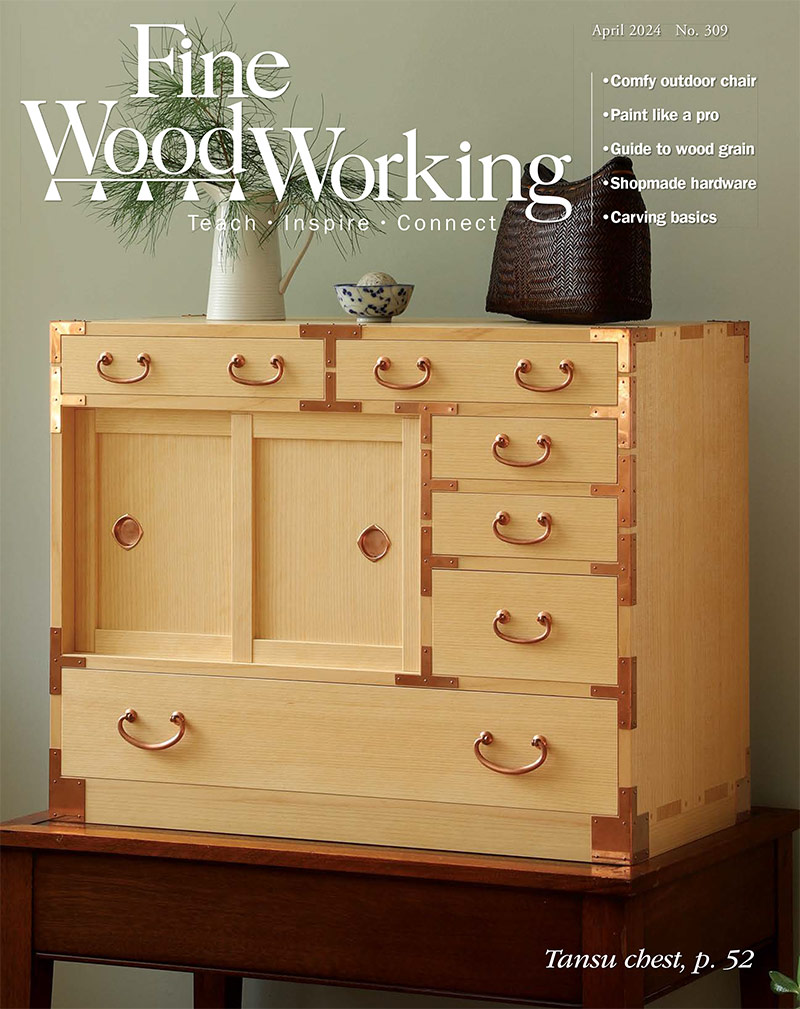
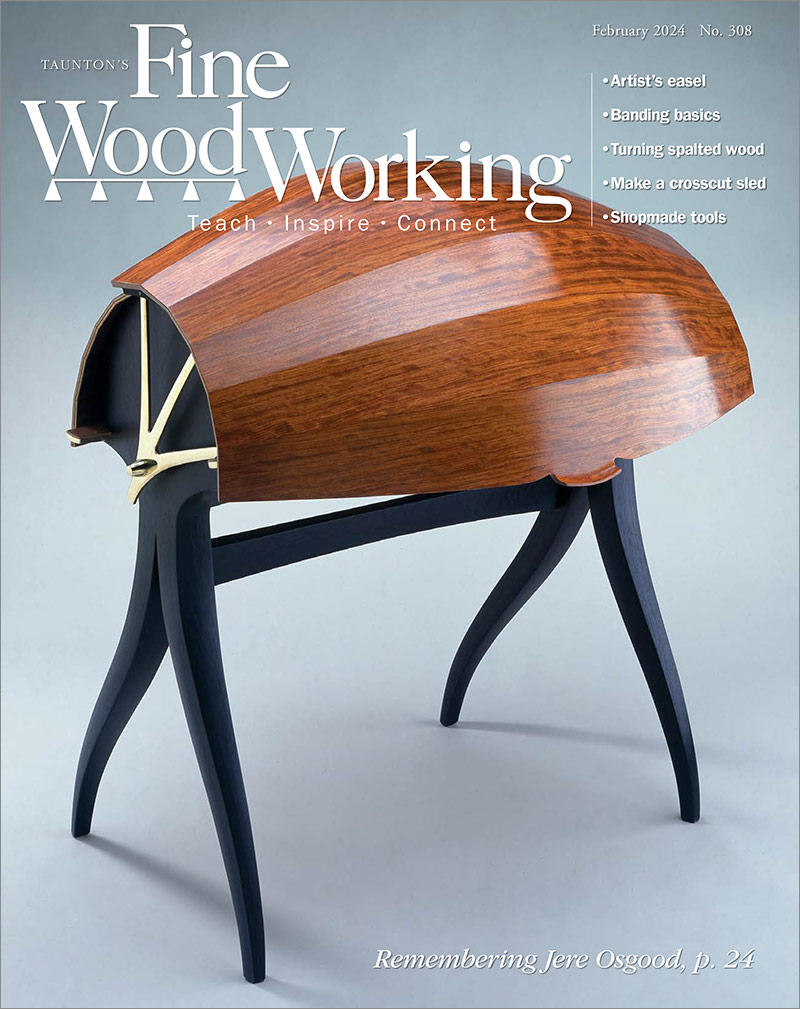
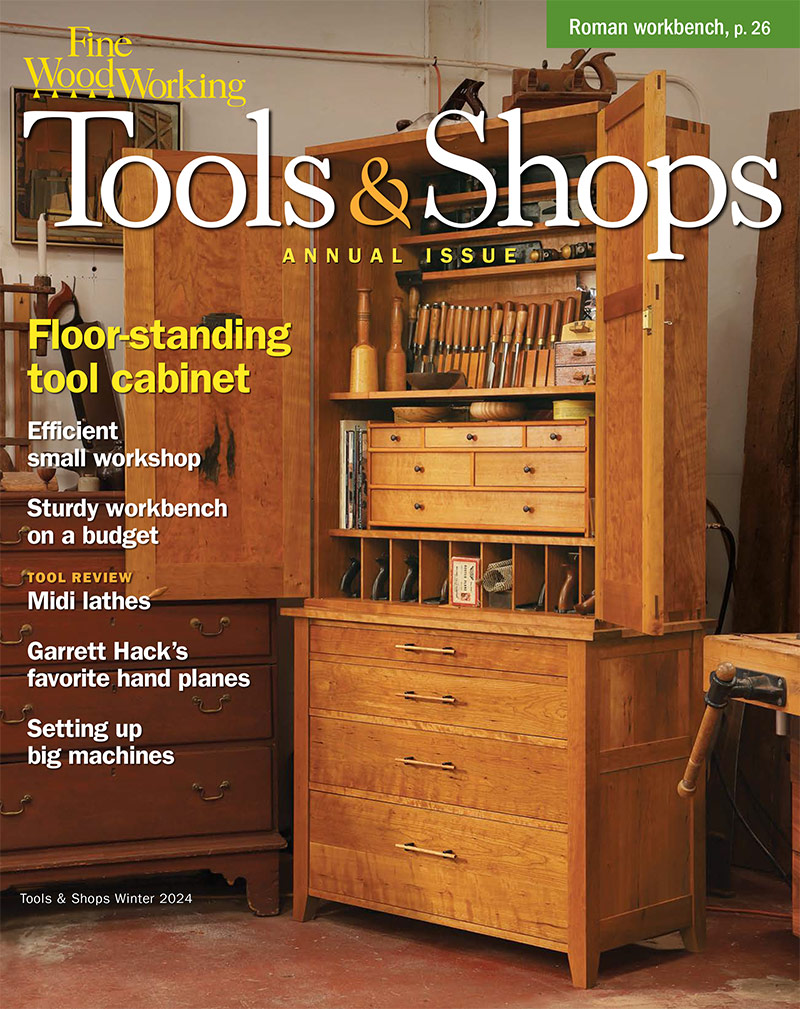
Comments
I am a big fan of DriCore as a shop floor. Have had it in my stand alone shop for 11 years now. It has held up great. No dents under a 700 pound lathe. Easy on the legs. Finished mine wit water based poly with anti slip additive. Cleans up very well. Only downside is finding a small screw if you drop one. They get lost in the random pattern.
BTW. I attended a few classes at Rosewood while you were doing your full apprenticeship program.
Log in or create an account to post a comment.
Sign up Log in